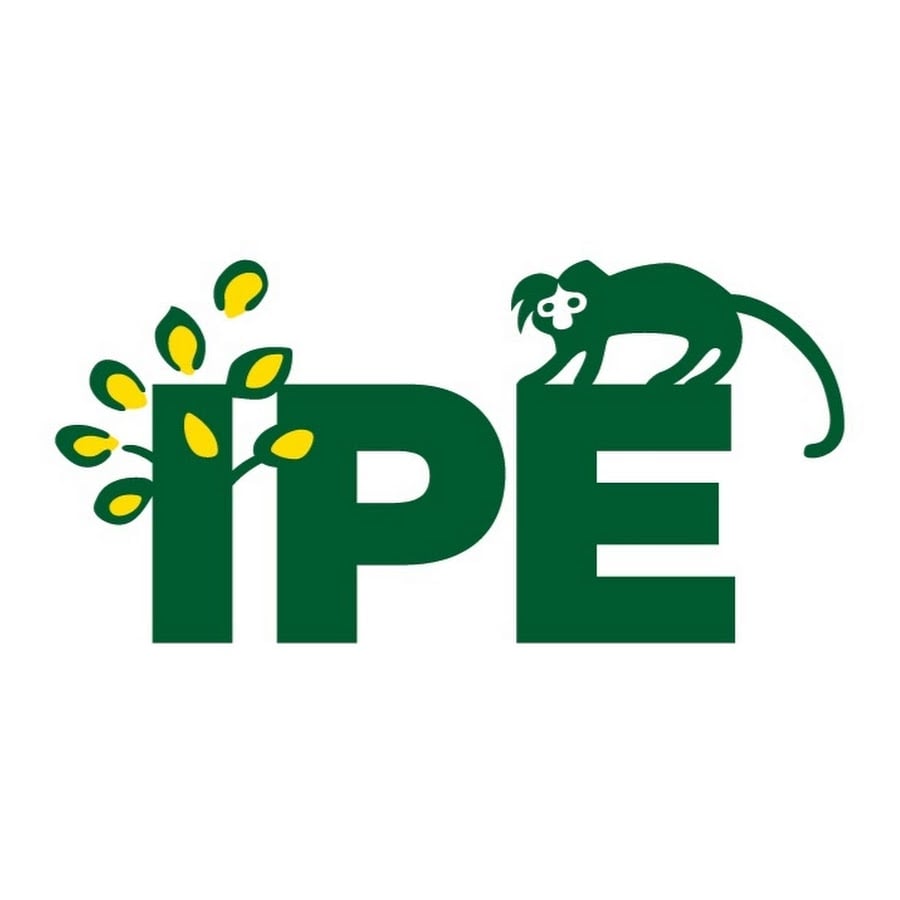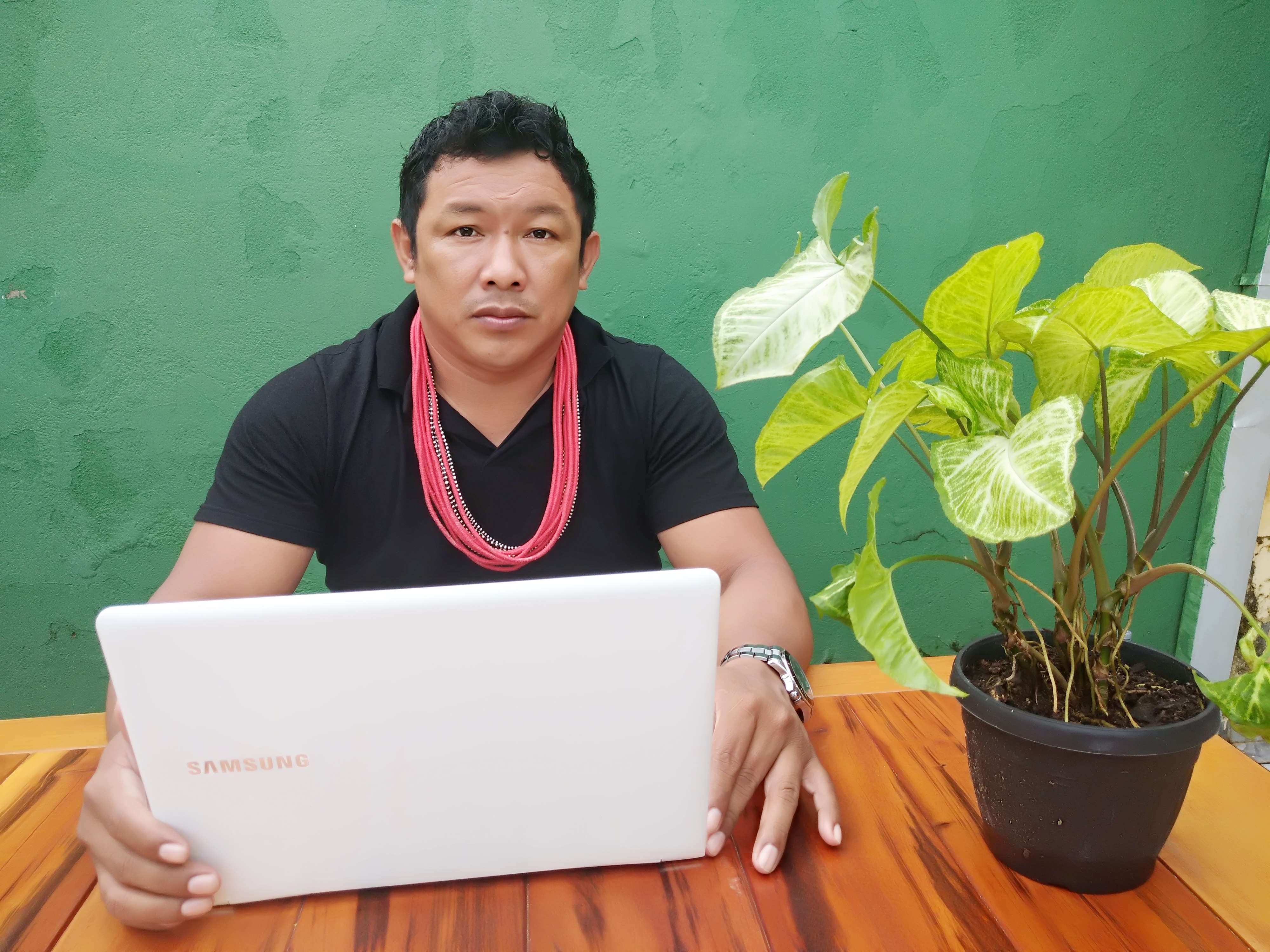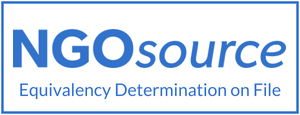::cck::794::/cck::
::introtext::
José Palahv Gavião is the first scholarship indigenous student of the Professional Master’s Degree at ESCAS from the WWF program (Education for Nature/EFN PROGRAM), offered by the course.
 “I looked for where I would best fit in a Masters program, that me and my culture could relate to. I learned about ESCAS and that the school had a scholarship. I decided it was time” he says.
“I looked for where I would best fit in a Masters program, that me and my culture could relate to. I learned about ESCAS and that the school had a scholarship. I decided it was time” he says.
“I think ESCAS is the place for the indian people, because we have a vision alligned with the school, which is protecting the nature, of people who preserve the environment. ESCAS is the place for us. I feel safe attending this college in the sense that it reflects my reality and, with my knowledge, I can contribute to my people. I hope I can open doors. May I be the first of many”, José Palahv Gavião.
Born in Ji-Paraná, Rondônia, of the Gavião ethnic group, Palahv learned from his grandfather about the Amazon, medicinal plants, fishing, hunting and its traditions. A Tupi-Mondé speaker, he became literate in Portuguese at the age of 13 and since then has not stopped seeking academic knowledge that was alligned with his culture and that could bring benefits to the Gavião people.
He studied Intercultural Education at the Federal University of Rondônia and specialized in medicinal plants. He became a teacher at the village school and, at 39, he decided it was time to deepen his knowledge and develop a project that would contribute to the development and conservation of biodiversity in the Gavião territory.
The Gavião people live in the Lourdes basin and other tributaries of the Machado (or Ji-Paraná) river, an important region of the Amazon biome, close to the border of Mato Grosso. There, in addition to açaí and copaiba, the extraction of Brazil nuts generates most of the population’s income.
“The project I am developing in the Master is precisely to create a value chain for the nuts collected in our territory. This way it can be sold by the indian people directly, without any middlemen, at a more suitable price. I have already helped build a cooperative and we are looking for improving the harvest, modernize what we have achieved. I want to learn more about how to do this and I am getting it with the support of the course and the people I am in contact with,” he says.
Started in 2020, the Vekala cooperative now has 44 members and continues to seek fairer trade for the product, improving the quality of the collection and working for a certification.
::/introtext::
::fulltext::::/fulltext::
::cck::794::/cck::


